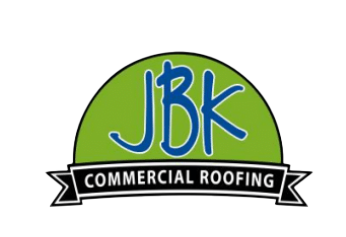What Kind Of Roofing Insulation Is Best?
Insulation is a key concern when installing any roof. This is especially true with commercial roofing! However, the daunting array of options that you have at your disposal when it comes to insulation can be quite intimidating to the uninformed shopper (which, let’s be honest, is most of us).
Well, you can stop worrying, folks. We’re here to give you the low-down on what types of insulation are best. We’ll make this as simple as possible…
Roofing Insulators, Ranked:
Polyisocyanurate
This is, in our opinion, the best insulation option for commercial roofing. This rigid insulation board is perfect for virtually all varieties of low slope roof systems. The term “low slope roofing systems” refers to roofs that have less than a 14-degree slope, and are equipped with strategically placed water-resistant materials. As most commercial roofing is flat, this category includes most businesses, which is why Polyisocyanurate is such a popular option.
Extruded Polystyrene
You’ll notice that the only difference between the two options of Polystyrene is “expanded” or “extruded” as a qualifier, so let’s talk about what that means. Extruded polystyrene has a closed-cell structure, whereas expanded polystyrene has a more open cell structure. The extruded polystyrene has a higher density, a higher insulation value per inch thickness, and superior moisture resistance in comparison to expanded polystyrene, all of which are extremely important qualities in an insulator. However, it’s less affordable than expanded polystyrene.
Expanded Polystyrene
The expansion process for polystyrene can leave small spaces between the “beads” that make up the material you will be used for insulation. These holes can sometimes allow heat to escape, and water to get in. This makes expanded polystyrene less effective than extruded polystyrene. But you’ll get what you pay for, and expanded polystyrene tends to be less expensive than its extruded alter-ego.
Insulation Adhesives & Fasteners
Most insulation sheets will be coupled with a hard density cover board for impact protection. In these cases, we’d advise using standard fasteners. However, in some situations, you might decide to opt for low rise adhesive. Low rise adhesive is a fast setting, high-performance, and 100% reliable. If fasteners are not appropriate for your project, then this is the class of adhesive that you’ll want to use.
Have questions about commercial roofing options? Then don’t hesitate to get in touch with us!
